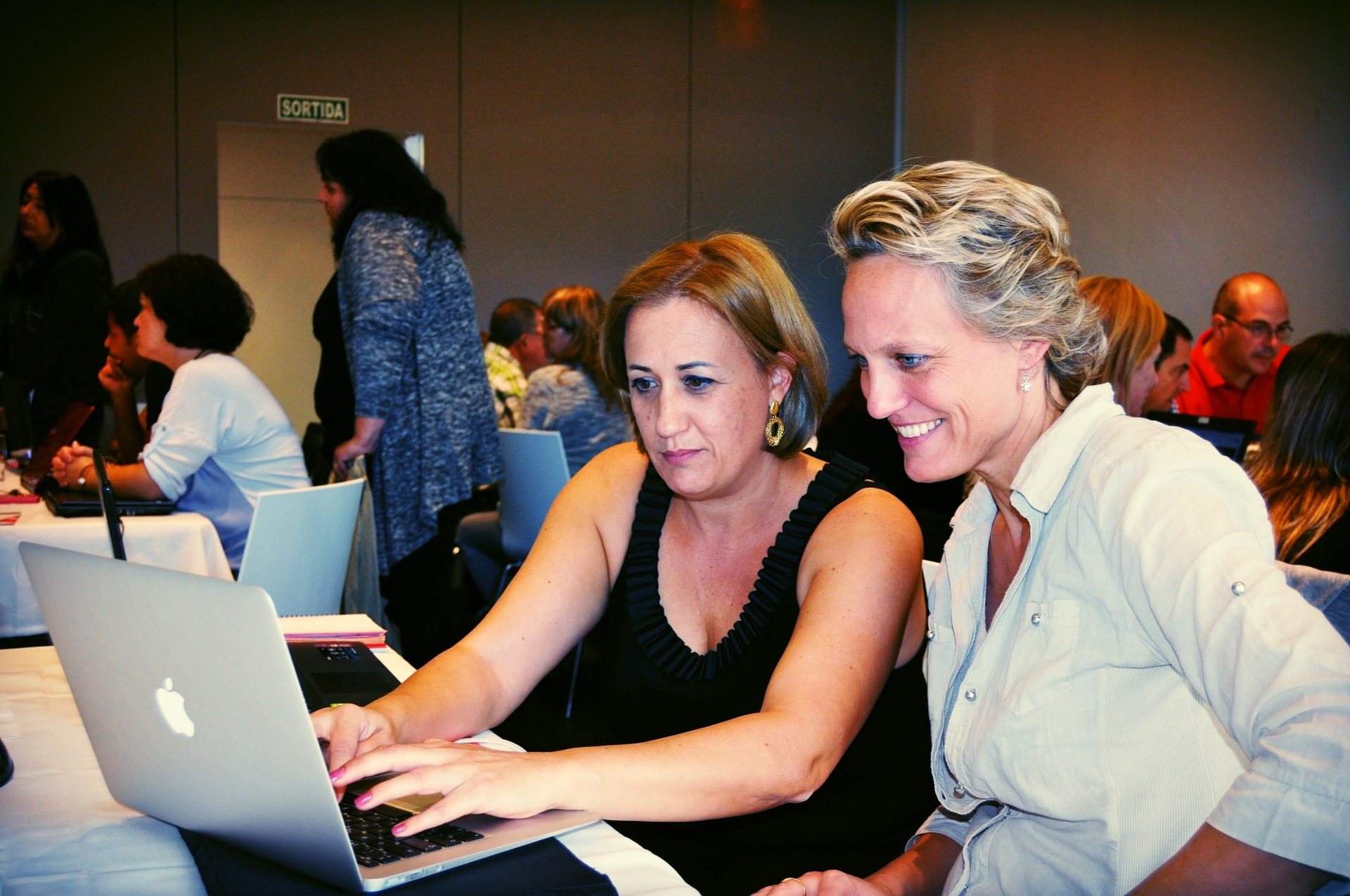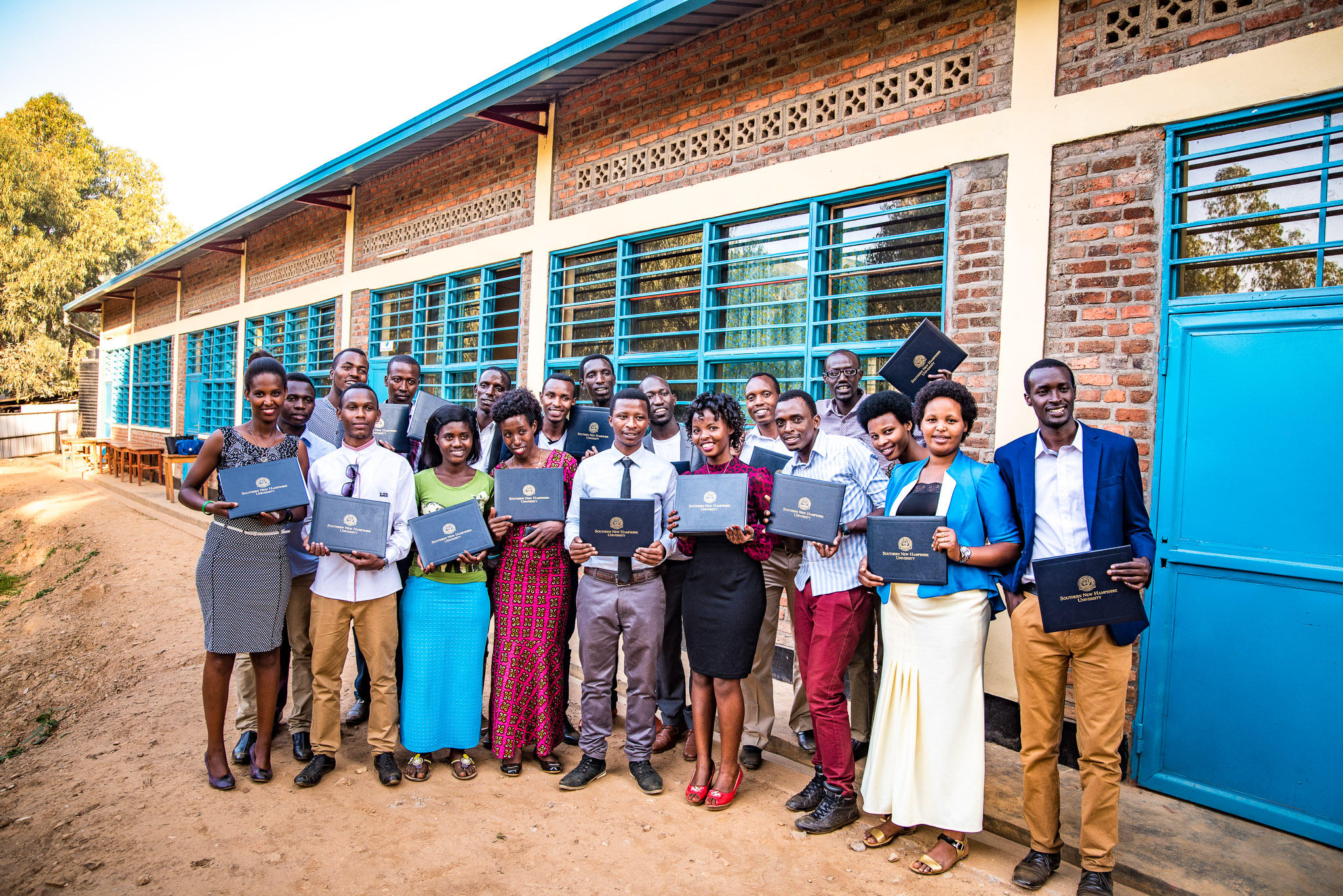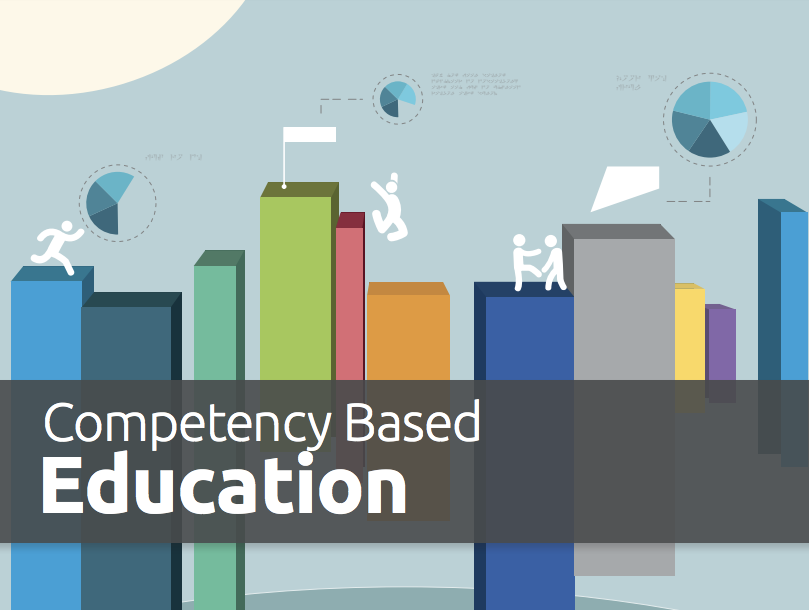Universities should include soft skills in their programs as employers around the world give more and more importance to these abilities.
The boom in competency-based education has led to the generation of multiple studies focusing on the relevance of the soft skills, transversal competencies and professional competencies that future professionals are expected to develop at the university level. Apart from the basic field-specific knowledge required, organizations seek to integrate into their work teams talent with high standards in the non-disciplinary skills needed in a global context in order to respond to new challenges and changing environments.
Although globalization fosters scenarios that tend to be similar in some spheres, regarding performance and professional training, studies on employer expectations in different parts of the world usually have some highly interesting and specific variations.
data-animation-override>
“Organizations seek to integrate talent into their work teams with excellent skills in the area of training. But they also seek to incorporate personnel with non-disciplinary skills that are required in a global context with high standards that can respond to new challenges and changing environments.”
In the case of Spain, the study called “Key Trends for Executives and Senior Executives Worldwide” by Page Executive, a firm that specializes in the search and selection of senior management profiles, highlights factors such as: appropriate and ongoing training, international experience and language proficiency, the ability to work in teams, customer orientation, and logical, rational and growing experience. Therefore, competencies related to human interactions continue to be highly valued by employers.
In the Spanish context, the significant demand for the development of soft skills includes perseverance and humility when facing diverse professional activities, company loyalty, leadership capabilities and the generation of clear added value for the organization. Finally, graduates need to be versatile or able to undertake different activities and roles, demonstrating a high level of adaptation as well as the rapid and adequate management of new knowledge.
data-animation-override>
“In the Spanish context, versatility is a highly valued skill. It’s define as the ability to develop different activities and roles with a high level of adaptation as well as the rapid and adequate management of new knowledge.”
In the case of Mexico, a study conducted by the Organization for Economic Cooperation and Development (OECD), an international cooperation organization with 35 member countries who seek to coordinate economic and commercial policies in the region, proposes 18 competencies that can be divided into two groups, as follows:
People and self-knowledge oriented
This category consists of consciousness, self-confidence, communication skills, responsibility and perseverance, capacity for learning and adaptation, analysis, synthesis and critique, thus expecting committed behavior on the part of future collaborators. In addition, flexibility and change orientation, organizational commitment, the capacity to work under pressure, and conflict resolution and negotiation techniques are essential for performing well at the professional level.
Task oriented
This category includes the search for excellence, organization and planning, decision-making, customer orientation, teamwork and cooperation. These competencies, which focus more on the collaborator’s own tasks, are expected to be complemented with high levels of innovation, entrepreneurship, achievement motivation, organizational commitment and leadership.
data-animation-override>
“In the case of Mexico these competencies stand out: the pursuit of excellence, decision-making, organization and planning, customer orientation, teamwork and cooperation, as well as the ability to learn and adapt.”
Recently, at the INTED 2018 congress, Universidade de Aveiro presented its research project: “Transversal competences for employability across four European countries”, with comparisons between Portugal, Cyprus, Lithuania and Poland. The results generated in these four countries place stress tolerance as the top competency required by companies, followed by proactivity (mainly in the profiles for Portugal and Lithuania). In the case of Poland, intelligent thinking ranks third as a requirement, while consumer orientation is highly important for Portugal and Lithuania.
Thus, beyond the specific knowledge of each professional field, attitude and values are key components of the graduate exit profiles expected by employers. These well-defined standpoints must lead to consideration and development in the different contexts of university education.
data-animation-override>
“In European countries such as Portugal, Cyprus, Lithuania and Poland, they seek for competences like proactivity, tolerance to stress, followed by intelligent thinking and consumer orientation.”
The differences in the competencies in demand by employers are quite clear and country-specific, thus showing the need to incorporate different competencies, especially those related to attitudes, into university academic programs and exit profiles.
In this way, work focused on soft skills continues to be an enormous challenge for all of us who form part of the education and development programs of future graduates, who will be facing environments with the high levels of stress, constant changes and need for contingency management inherent to rapidly changing world.
About the author
Judith Cortés Vásquez holds a doctorate in Communication, Social Change and Development. She is a professor at Tecnológico de Monterrey, Campus Querétaro, and specializes in new social movements, organizational communication and new technologies.
This article from Observatory of the Institute for the Future of Education may be shared under the terms of the license CC BY-NC-SA 4.0 
)
)











)
Jansel Jiménez Bulle
Jansel Jiménez Bulle
Jansel Jiménez Bulle